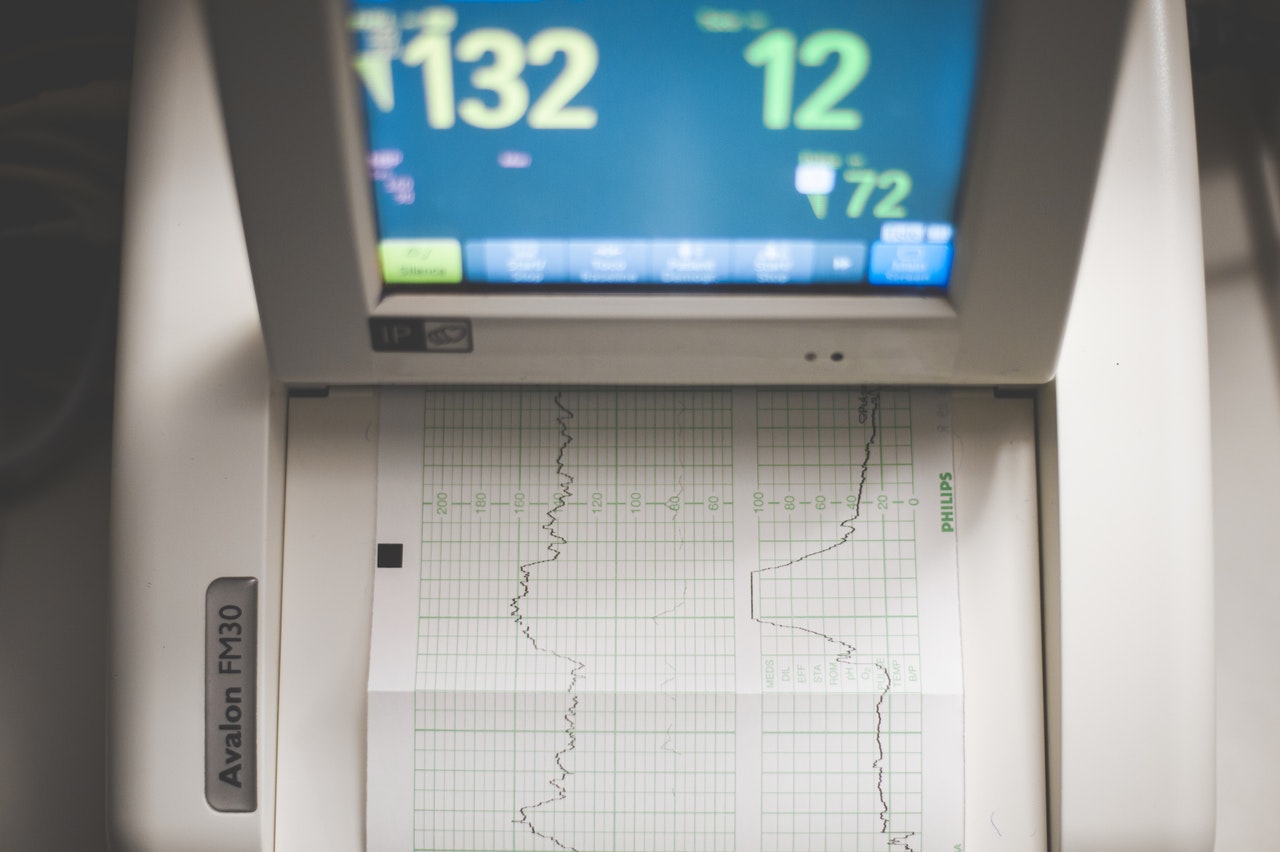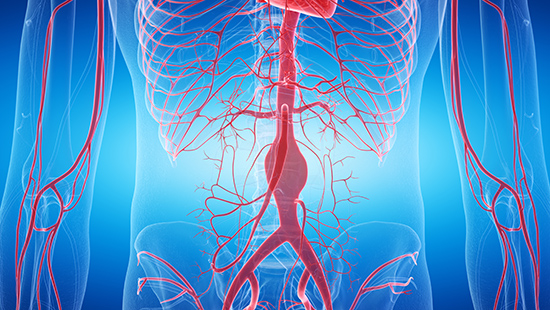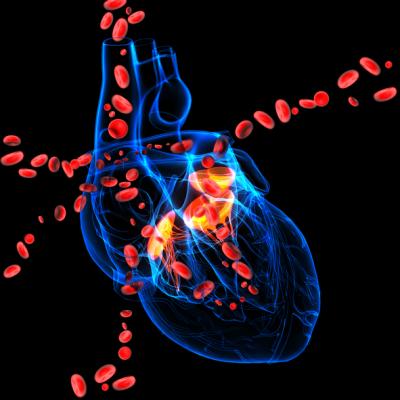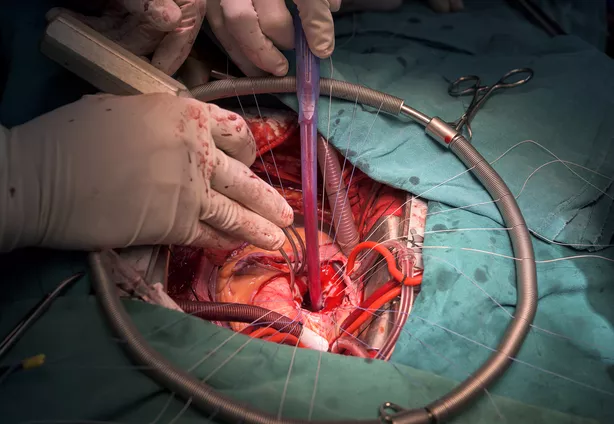Heart Health
There is no doubt that vaccinations are a contentious issue for parents.
+ 365 Care
Heart Health
Your life’s quality is directly related to the health of your heart. You can work and play, go to the park with your kids, follow your favorite hobbies, sleep well and wake up the following day if you have a healthy heart. Because it’s human nature, we tend to take our hearts for granted. All of us presume our hearts will keep on beating until they stop.
At 365+ Care in Newark, the cardiologists are well-versed in the latest treatments for heart disease, as well as ways to prevent it from occurring in the first place.
Since putting your heart in the hands of an experienced and certified cardiologist is serious business, 365+ Care is the best option for you.
At 365+ Care in Newark, the cardiologists are well-versed in the latest treatments for heart disease, as well as ways to prevent it from occurring in the first place.
Since putting your heart in the hands of an experienced and certified cardiologist is serious business, 365+ Care is the best option for you.



Our Services
Emergency Cases
1-800-123-4560
We offer 24/7 high-quality and immediate emergency facility. We eagerly provide the best medical and surgical care to the patients.
WHY DO I NEED TO VISIT A CARDIOLOGIST?
Some of the numerous reasons to consult a cardiologist include: having heart disease in your family, experiencing abrupt cardiac symptoms, and/or having health changes that may affect your heart’s health. Your primary care physician at 365+ Care will be able to tell you if you need to see a cardiologist. In the event of an unexpected heart attack, dial 911 as soon as you feel any of the warning indications. You’ll be seeing a cardiologist for your follow-up treatment.
Make an appointment with a cardiologist as soon as possible if your doctor tells you to do so. A healthy heart is the most essential thing you can do for yourself. Among the most common reasons people visit a cardiologist are the following:
Make an appointment with a cardiologist as soon as possible if your doctor tells you to do so. A healthy heart is the most essential thing you can do for yourself. Among the most common reasons people visit a cardiologist are the following:
An important part of being a good parent is being aware of signs that something is wrong, even if they seem trivial. Here are a few common health problems to be on the lookout for. Contact your pediatrician if you notice these symptoms.
- If you have a family history of heart disease, you need to be aware of the warning signs. The risk factors for heart disease, such as high blood pressure, obesity, smoking, and others should also be understood so that you can take steps to reduce your risk.
- The risk of heart disease is considerably increased by high blood pressure and high level of cholesterol. Total cholesterol levels of 200 mg/dL or a physician's recommendation that blood pressure is regularly high should be taken into consideration.
- If you are a current or former smoker: Smoking significantly raises the chance of developing heart disease. It raises the heart rate and blood pressure. Even the cells that line your heart's arteries are damaged.
There are a number of ways to tell if something is wrong: if your breathlessness is constant, you get chest discomfort with exercise, or you feel like you’re about to faint, call your doctor right away. It’s time to get your heart checked out and fast.
COMMON HEART DISEASES
The most frequent cardiac problems include heart failure, arrhythmia, coronary artery disease, aortic aneurysms, and heart defects. These diseases are all treated by 365+ CARE cardiologists so that their patients can resume their normal activities.
Chest discomfort or pressure is known as angina. You may feel as though something is weighing down on you. The discomfort is felt in the chest and extends down the arm in men. Pain in the jaw, bra line, or back is most frequent in women. It can also be felt in the neck or stomach, and it might be mistaken for indigestion. Angina is a sign of a cardiac condition like coronary heart disease, not an illness in and of itself.
Chest discomfort or pressure is known as angina. You may feel as though something is weighing down on you. The discomfort is felt in the chest and extends down the arm in men. Pain in the jaw, bra line, or back is most frequent in women. It can also be felt in the neck or stomach, and it might be mistaken for indigestion. Angina is a sign of a cardiac condition like coronary heart disease, not an illness in and of itself.
Aortic Aneurysms
The aorta is the body’s primary artery, transporting blood from the heart to all other parts of the body. Having an aortic aneurysm means that the artery is enlarging. A heart attack, stroke, or death can occur if the bulge ruptures.

Arrhythmia
If your heart is beating too quickly, too slowly, or irregularly due to an arrhythmia issue, you’ve got a problem. The American Heart Association estimates that millions of individuals, mostly the elderly, suffer from arrhythmias. Arrhythmias are monitored by a cardiologist to ensure that they do not affect your heart’s function and do not progress to more serious diseases.

Atrial Fibrillation
When it comes to arrhythmias, atrial fibrillation (also known as “A fib”) is the most frequent. Because of an electrical issue in the heart, it throws off the typical beat between its upper and lower chambers, which is why it occurs. Atrial fibrillation is regularly addressed and cared for by cardiologists in order to prevent stroke.
An irregular but quick heartbeat is the hallmark of this condition. Ventricular fibrillation, the main cause of sudden cardiac death, can be caused by this deadly disease, which can cause the heart to beat rapidly and irregularly.
An irregular but quick heartbeat is the hallmark of this condition. Ventricular fibrillation, the main cause of sudden cardiac death, can be caused by this deadly disease, which can cause the heart to beat rapidly and irregularly.
Emergency Cases
1-800-123-4560
We offer 24/7 high-quality and immediate emergency facility. We eagerly provide the best medical and surgical care to the patients.
Congenital Heart Defects
Are cardiac abnormalities present at the time of birth. A cardiac defect or anomaly, it’s sometimes known as congenital heart disease, even though it’s not officially a disease. Several forms of congenital cardiac abnormalities can occur when the heart and blood arteries around it don’t form normally before birth.

Coronary Heart Disease
Heart attacks are caused by coronary artery disease. Cholesterol clogs the arteries in your heart, the most frequent and most serious of all heart diseases. Early in the disease, there are no signs to indicate that something is wrong. Chest discomfort, shortness of breath, and exhaustion are all symptoms of blocked blood flow due to plaque buildup in the arteries. A blood clot and blockage of the artery might result if a piece of plaque from the arterial wall breaks off. As a result, some of the heart’s vital organs will not receive the oxygen they need from the blood. Consequently, damage to that portion of the heart’s muscle occurs, leading to a heart attack.

Emergency Cases
1-800-123-4560
We offer 24/7 high-quality and immediate emergency facility. We eagerly provide the best medical and surgical care to the patients.
Heart failure
Congestive Heart Failure (CHF) is another term used for heart failure. It does not mean that your heart quits functioning. It signifies that it doesn’t function as it should. A condition known as heart failure develops when your heart muscles weaken, your heart valves become faulty, and your heart is unable to pump blood effectively. When this occurs, the heart either pumps too little or too much blood. Lung, abdominal, and ankle fluid may accumulate. Chronic cough and shortness of breath are common symptoms in persons with congestive heart failure (CHF).

Heart Murmurs
Most heart murmurs aren’t life-threatening. The sound of your heart’s blood pumping might be heard as a murmur. This murmur may be caused by how blood is going through your heart valve, or it may be a sign of an abnormally fast heartbeat and a quicker flow of blood through your body. In most cases, there is no need to treat a murmur. Anemia, pregnancy, fever, high blood pressure, or overactive thyroid can all induce these symptoms. In the event that a heart murmur suggests a more serious issue, your doctor will know when to intervene.
DIET AND EXERCISE FOR HEART HEALTH
Good food makes your heart sing. Eating healthfully is less difficult than you would expect. In order to nourish your body and keep your heart strong, all you need to do is adhere to these easy guidelines.
- Stock up on red, green, and yellow-colored fresh produce.
- Consume a diet rich in whole grains and brown rice.
- Avoid meals that are deep-fried.
- Eat skinless fish and poultry.
- Beans, nuts, and legumes like lentils are easy to find and excellent for you.
- Limit your intake of salt and fat.
There you have it. The meals you’ll find if you stick to these rules are high in energy and low in cholesterol. Easy to prepare, they’re great for lunches and after-school munchies. The foundation for a strong heart is laid in our earliest years.
365+ CARE dietitians can help you build a dietary plan that is simple to fit into your hectic schedule. After receiving a heart disease diagnosis, our nutritional specialists can work with you to create an eating plan that is beneficial for your health.
365+ CARE dietitians can help you build a dietary plan that is simple to fit into your hectic schedule. After receiving a heart disease diagnosis, our nutritional specialists can work with you to create an eating plan that is beneficial for your health.

EXERCISE
Finding activities you enjoy will help you to achieve the workout your heart needs. There is no need to become a marathon runner in to get the exercise your heart requires. The smallest of factors could have a significant impact
- Take the stairs rather than the elevator.
- Place your car at the farthest corner of the parking lot and go on foot.
- Take a jog around the playground with the children
- Take a walk with your dog
- Take a spin around the living room to the sound of music playing from the TV.
- At lunch, get up and walk a bit around the parking lot.
- On the weekends, take a stroll around the town.

